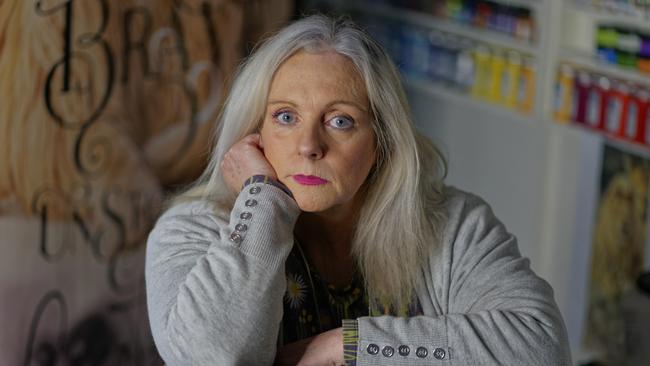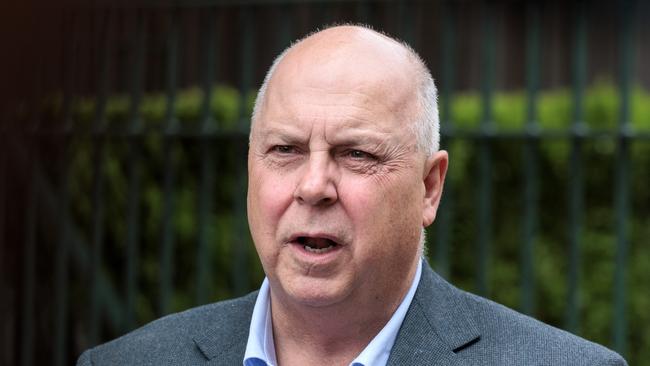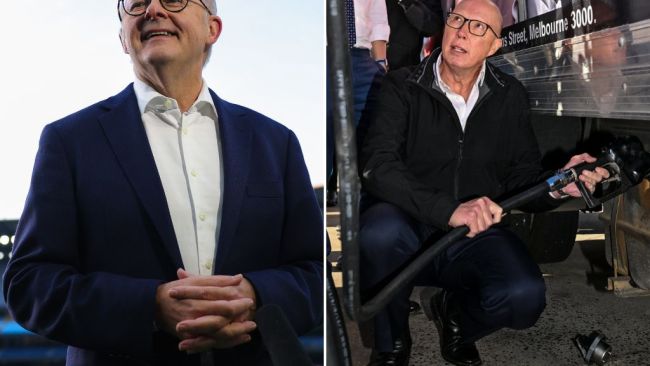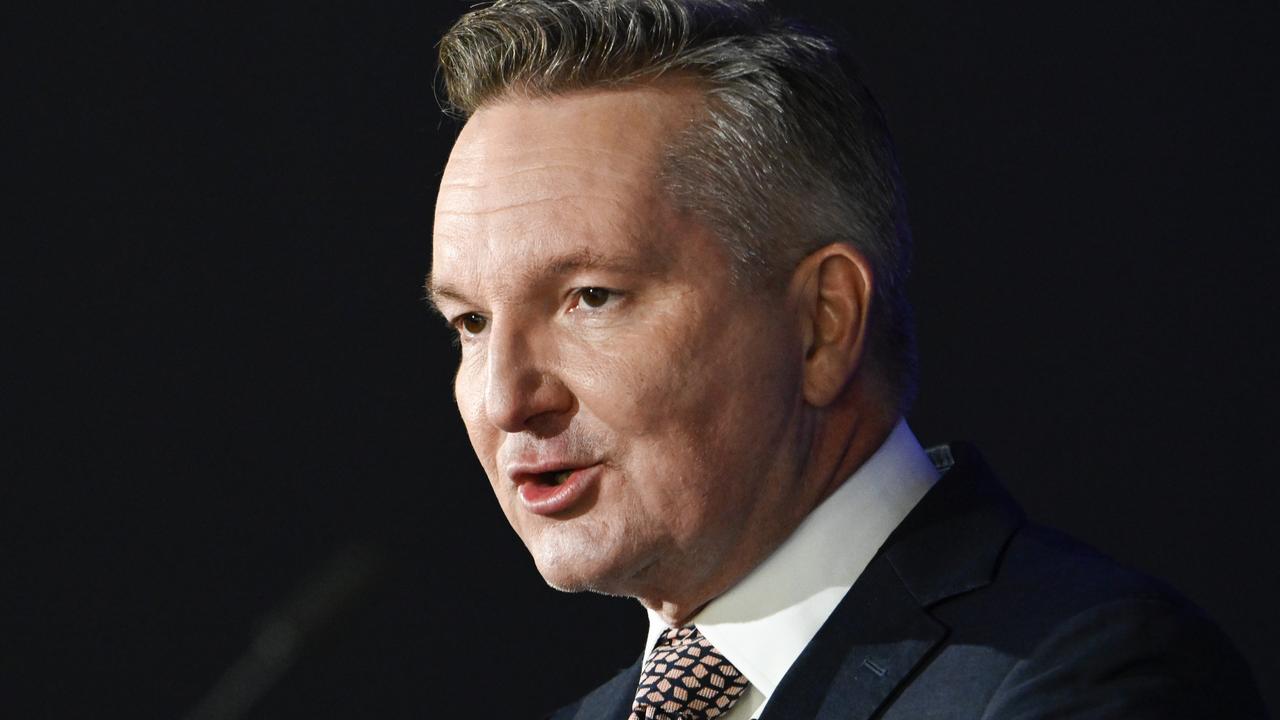Respite for unpaid carers facing axe in Victorian budget
Carers say their unpaid assistance of loved ones saves taxpayers billions, as the Andrews government looks set to cut programs providing rare respite.

Thousands of Victorians who care for loved ones with dementia, disabilities and mental health issues fear respite programs will be among the casualties in next week’s state budget, as the Andrews government gears up to make billions of dollars worth of cuts to balance its books.
Treasurer Tim Pallas on Wednesday maintained he still intended to deliver a budget surplus by 2025-26, conceding public service job cuts and a “very difficult” 2023-24 budget would be required to achieve the election promise, as interest rates and inflation soar in a state headed for net debt of $165.9bn.
Villa Maria Catholic Homes – Victoria’s largest provider of respite support for unpaid carers – is among community groups making a last-ditch plea for ongoing funding, amid concern it will be forced to axe desperately needed services.
The 2019-20 state budget included $42m in funding for care respite programs provided by a range of non-profit organisations, including VMCH, but the funding runs out on June 30, with no commitment for it to continue.
Aged in her 60s and caring for her 43-year-old son, Ashley, who has treatment-resistant paranoid schizophrenia, life coach and artist Christina Johns is one of 975 unpaid carers who rely on VMCH’s carer support program.
Ms Johns said she had fought a compulsory treatment order for her son to undergo electroconvulsive therapy and enter full-time residential care more than a decade ago, believing he would have a better chance of managing his illness if he was able to live in a unit in her backyard in Upwey in the Dandenong Ranges, east of Melbourne.
“If I had listened and let my son go into full-time residential care, not only would it have been worse for him, but it would have cost an absolute fortune for the state to pay for,” she said.
“Instead, what they’ve done is give me an absolute pittance and say ‘You go and do the job for us’; now it looks like they’re going to take away one of the few bits of support we’ve got.

“Being a carer is absolutely devastatingly hard. It sucks the life out of you. It drains you,” said Ms Johns, who attributes her diagnosis seven years ago with a rare form of cancer to the stress she has endured looking after her son.
While her cancer is in remission, she has undergone ankle and hip replacements and is continuing to battle osteoarthritis.
“The carer support program meant we were able to go out and meet other people who understood our circumstances.
“There was a silent knowing between us, so we didn’t have to share ours stories and traumas – we knew what each other was going through so we could support each other and have an enjoyable moment together.
“To have that taken away will mean a lot of people just won’t be able to carry on as carers. That burden then just goes back to the state, and the outcomes will be worse for everyone.”
VMCH chief operating officer David Williamson said the Andrews government’s failure to commit to ongoing funding was “extremely worrying” for carers.
“Without this funding, we would be forced to exit carers from the program, which would be absolutely devastating. We see first-hand every day the difference this support makes to their lives, and we fear for their wellbeing should this funding be cut.”
Mr Williamson highlighted a 2020 Deloitte Access Economics report that found the work of unpaid carers was worth almost $78bn to the economy each year.
Mr Pallas on Wednesday described next week’s budget as “very difficult”.
“Just as households are encountering difficulties in managing their household budgets because of high inflation and rising interest rates, that is having an impact upon the government’s balance sheet. From that perspective, it’s difficult, there’s no doubt about that,” he said.
He also conceded public service jobs would be axed, but refused to provide details of how many roles were likely to go.
“I won’t get involved in a discussion about what, if and how many we’re looking at as a government. All of that will be revealed in the context of the budget,” Mr Pallas said.








To join the conversation, please log in. Don't have an account? Register
Join the conversation, you are commenting as Logout